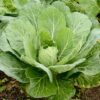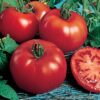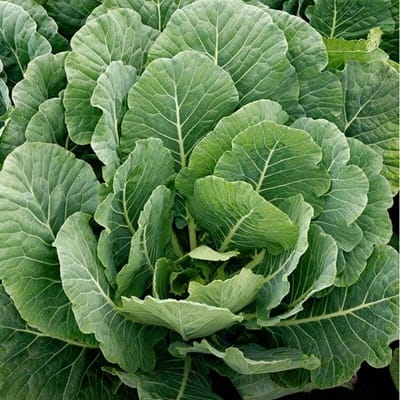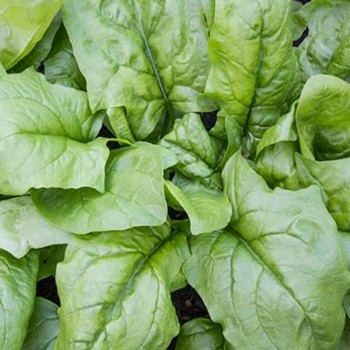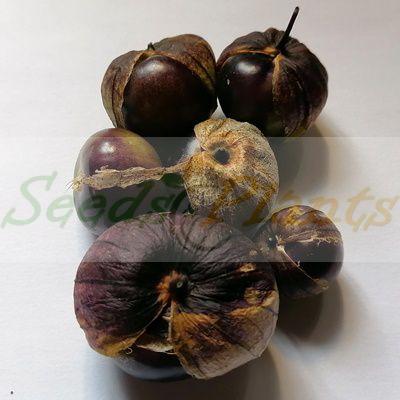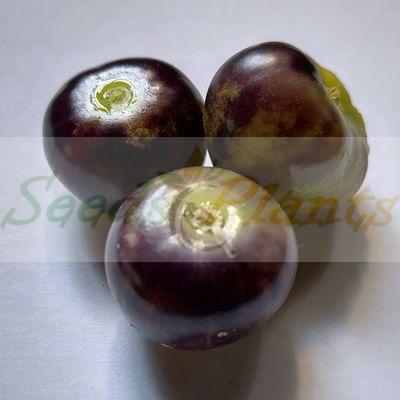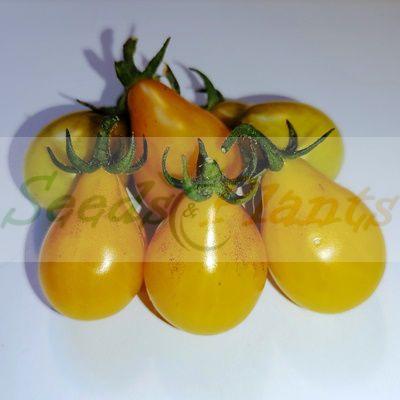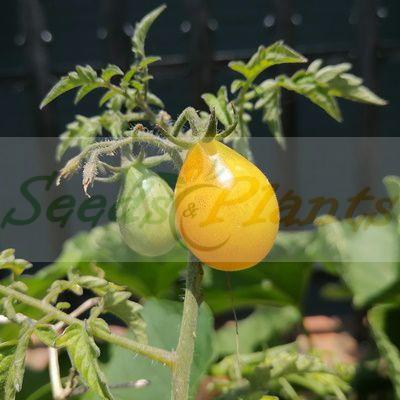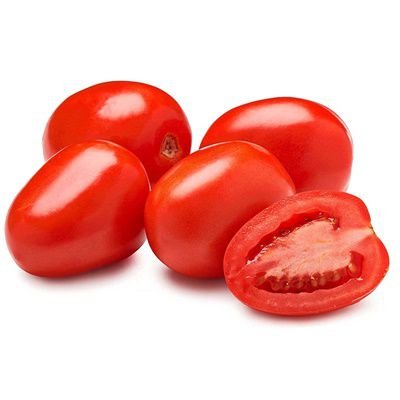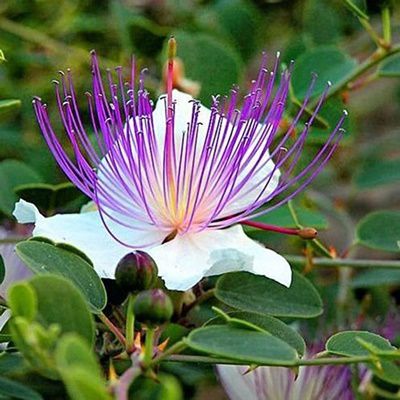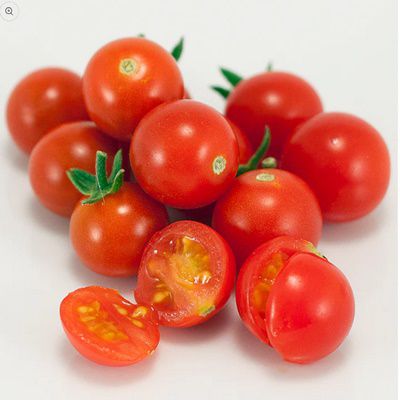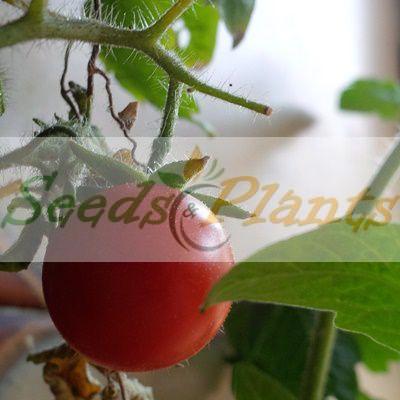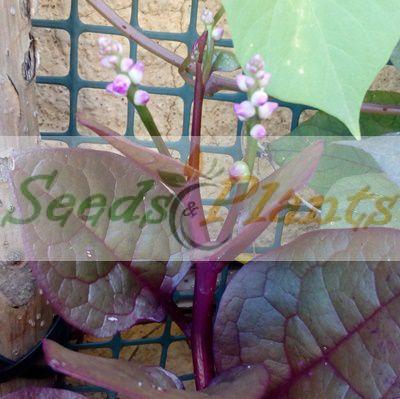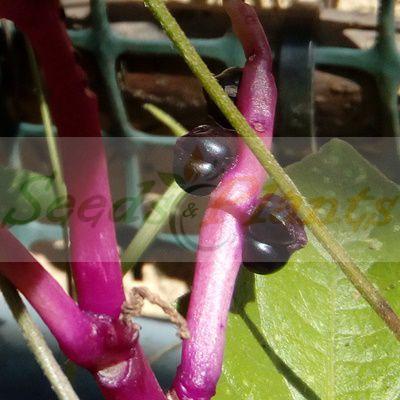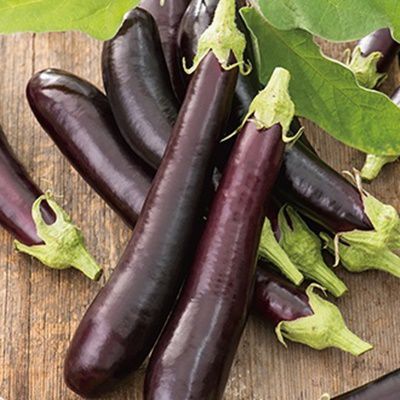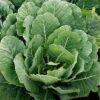🥕 Vegetable Quick Facts
Growth Traits
- 🌱 Life Cycle: Perennial
Vates Collards – 20 Seeds
(Brassica oleracea var. acephala)
R30.00
The leaves are a large, slick, crumpled, dark blue-green and tasty with a mild cabbage like flavor, ideal for boiling, canning and freezing.
Indoor Sowing: Late Winter and Early Spring.
Direct Sowing: Late Summer.
In stock
🥕 Vegetable Quick Facts
Growth Traits
- 🌱 Life Cycle: Perennial
Vates Collards is a heirloom Collard variety. It is also known as Blue Stem and is tolerant of both hot and cold temperatures and frost makes the leaves taste sweeter. This variety has a compact growth habit and is non-heading and very slow to bolt, known for its lack of purpling. Developed by the Virginia Truck Experiment Station, ‘Vates’ was introduced in 1950.
The leaves are a large, slick, crumpled, dark blue-green and tasty with a mild cabbage like flavor, ideal for boiling, canning and freezing. It is typically used for boiling for Southern-style greens. Collard greens tend to store better than most other greens.
Growing Vates Collards
Indoor Sowing: Late Winter and Early Spring.
Direct Sowing: Late Summer.
- Start seeds in individual pots or flats.
- Sow seed 6-13 cm deep in the seed-starting mix.
- Keep the mix moist but not wet.
- Seed should germinate in 5 to 10 days at an optimal temperature of 24°C.
- Transplant seedlings into the garden when they 10-15 cm tall with 2- to 4-leaves and daytime temperatures reach 10°C. Firm transplants into the soil by hand.
- Prefers a soil pH range of 6.0 to 7.5.
- Set transplants slightly deeper than they grew in pots or flats.
- Grow collards in full sun for best yield—tolerates partial shade.
- Add 3- to 4- inches of compost and well-aged manure into planting bed, before transplanting. Collards need friable, moisture-holding soil.
- Avoid planting where cabbage family crops have grown recently.
- Space plants 45-50 cm apart in all directions.
- Space rows 60-106 cm apart.
- Protect seedlings from the cold for 2 to 3 weeks after planting covering them with a cloche or plastic tunnel or cold frame.
- Fertilize with an organic fertilizer such as fish emulsion at half strength.
Disclaimer
Medicinal Information:
All medicinal information on this website is for educational and informational purposes only and may not be construed as medical advice. The information is not intended to replace medical advice or treatment offered by healthcare professionals.
Seeds, Plants, Plant Cuttings, Geophytes and Dried Herbs:
In some countries and provinces, certain plants are deemed as invasive and are not allowed to be planted at all, whilst some plants are allowed to be grown only in certain areas or provinces. The onus is on you as the buyer to familiarize yourself with the regulations pertaining to your location, before purchasing any of our seeds, plants, plant cuttings, geophytes or dried herbs. We will not be held liable, should you purchase any seeds, plants, plant cuttings, geophytes or dried herbs. from us which are prohibited in your country or province.

